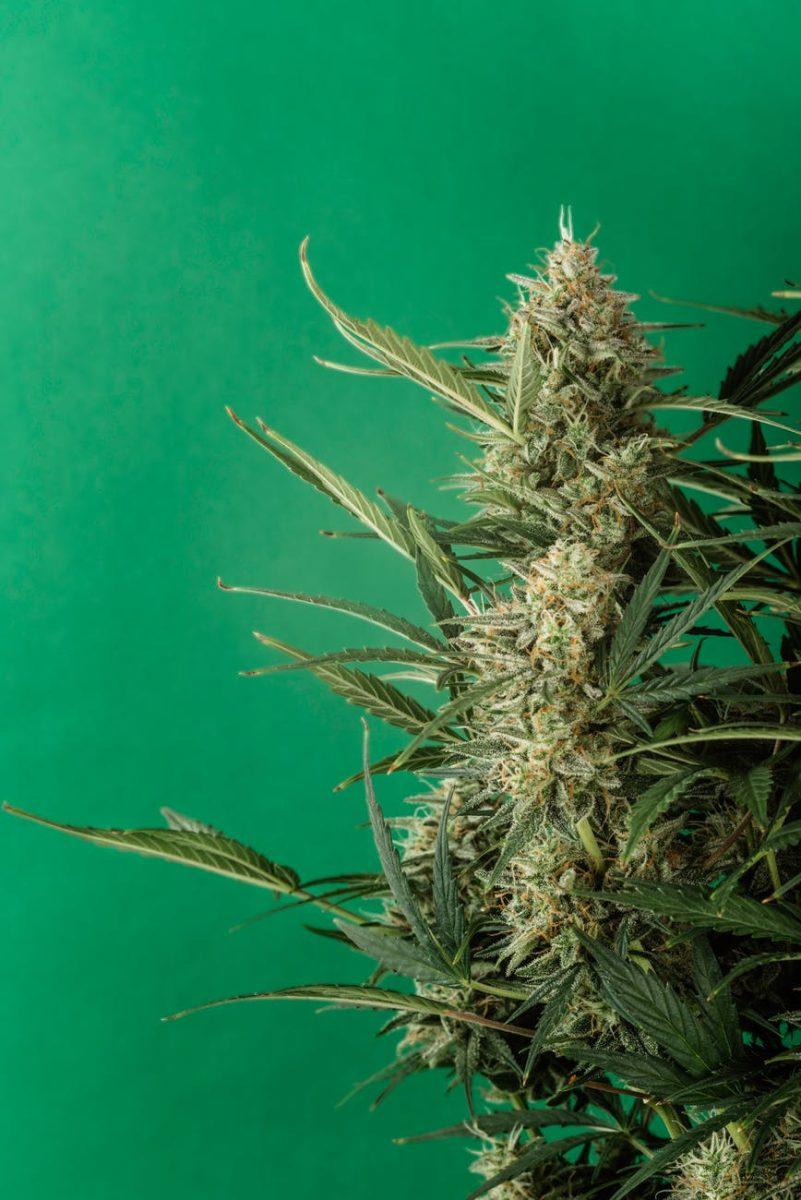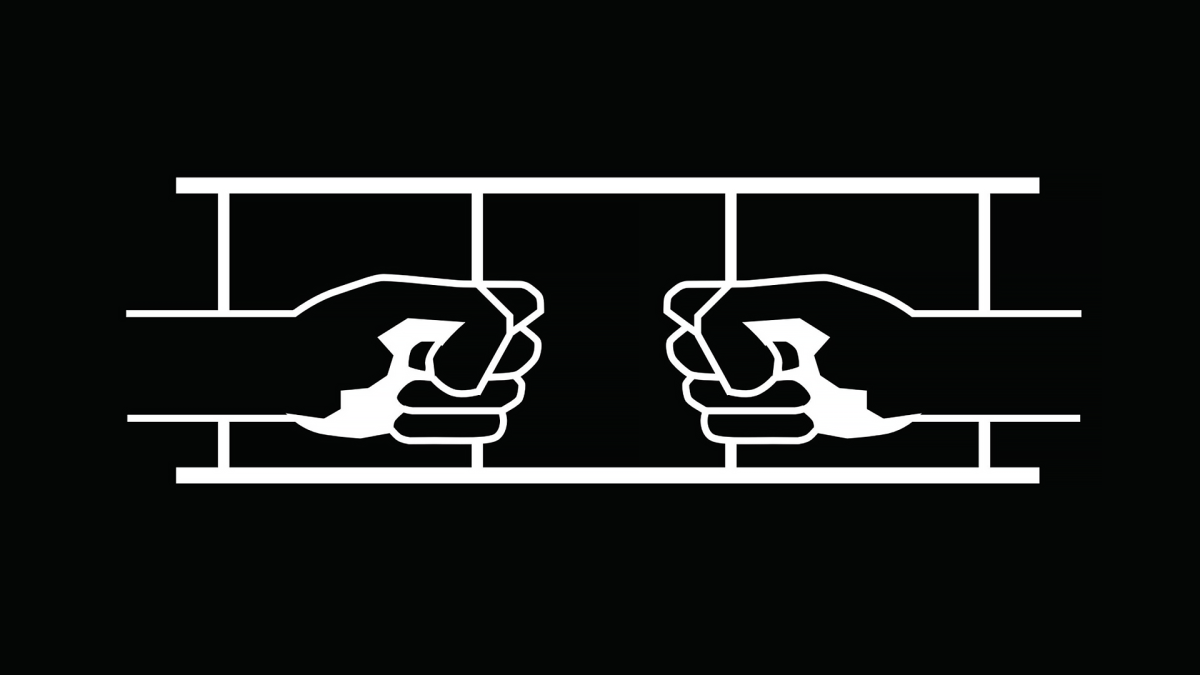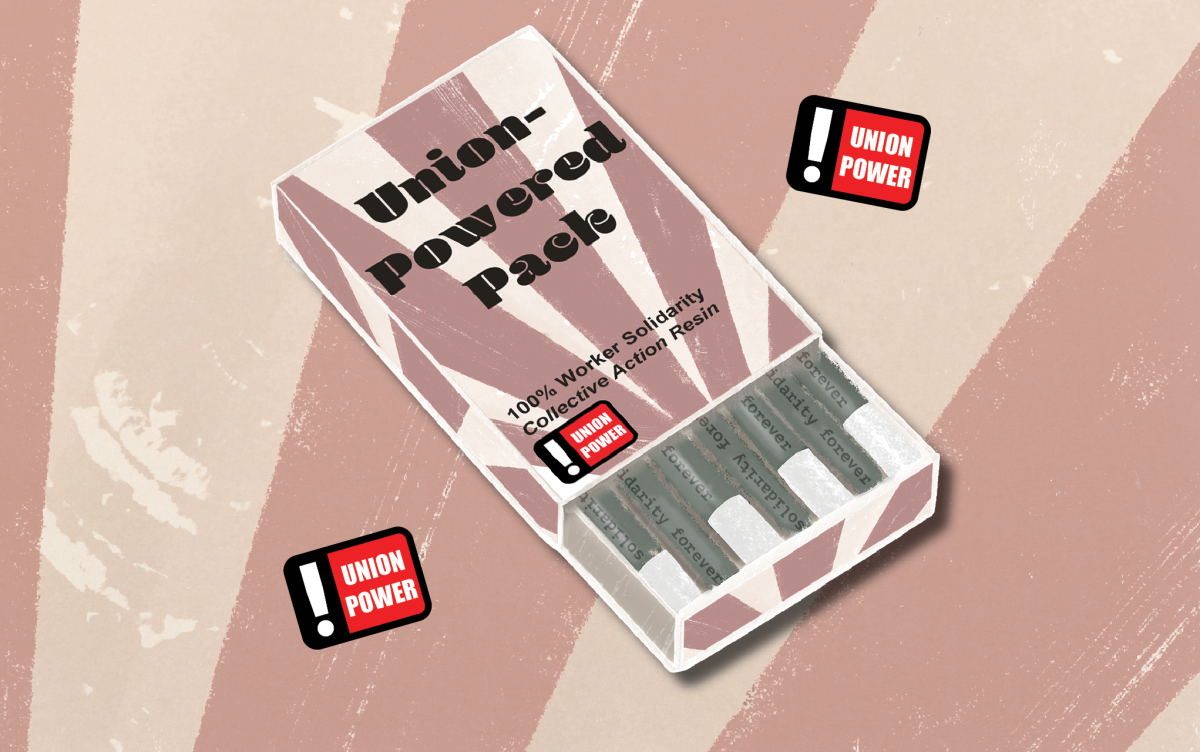Much of the cannabis community was elated to hear that the House of Representatives passed the Marijuana Opportunity Reinvestment and Expungement (MORE) Act. I would like to preface this article by stating that the passing of the MORE Act by the House is indeed a momentous victory for the cannabis industry. The Senate, although not likely to pass it, have until the end of 2020 to vote on this legislation. However, the MORE Act is not without some major flaws that could do harm to the industry. In the days following the passage of the MORE Act, many cannabis and social justice advocates began speaking out about the changes that were made to the legislation before it passed the House. Throughout this brief article, I will highlight some of the positives as well as detail some of the flaws within this legislation.
One of the major things about this legislation, if it were to pass, is that it would completely remove cannabis from the Controlled Substances Act (CSA). This specific amendment to the CSA would be a game-changer for those who are currently conducting or who want to conduct cannabis research. In addition to the removal of cannabis from the CSA, the MORE Act ensures no person will be denied federal public benefits due to cannabis use or past convictions. The protection also extends to immigrants who may use cannabis or have cannabis convictions. The MORE Act also effectively changes how legislation refers to the plant, instead of “marihuana” the term “cannabis” would be used. Another positive aspect of the MORE Act would be the ability of cannabis businesses to work with banks and obtain business loans.
The biggest flaw in this legislation has three parts. The first is that you must be issued a federal permit to run a cannabis business, which can still be denied if the person is or has been involved in violations of federal or state laws related to cannabis. There are no provisions in the bill stating that those with permits issued in legal cannabis states will be automatically accepted. This means a higher cost to business owners who are starting out and another hurdle to jump through for those already running a state legal cannabis business. You can read the particular section here (Sec. 5923 (e)). The second is a particular section regarding the distribution of the Community Reinvestment Grant Program funds. Prior to being passed in the House, the text had a 7th provision in Sec. 3052 (a), which states where the funds must be allocated to help individuals harmed by the War on Drugs. This 7th provision stated, “services to address any collateral consequences that individuals or communities face as a result of the War on Drugs.” The Community Reinvestment Grant Program still provides help for those harmed via job training, reentry services, legal aid, literacy programs, youth programs, and health education programs. However, the War on Drugs systemically harmed many individuals and their communities in more ways than that. It’s also important to note that from the Opportunity Trust Fund, the Attorney General gets 60% while the Community Reinvestment Grant Program gets 40%.
The third major flaw is that the MORE Act does not exactly call for automatic expungements for cannabis crimes as soon as the bill passes. It allows them one year from the date of enactment to order expungements for those convicted in cannabis crimes. You can read this particular section here. While it does allow for those convicted of crimes to petition the court themselves after its enactment, this puts an undue burden on people who may not have the resources to do so. Those currently incarcerated for cannabis crimes still have to go through a sentencing review hearing before they are released. In addition, only non-violent cannabis crimes will be eligible for expungements and sentencing hearings. Now, we are not saying violent crime isn’t a bad thing, but we know all too well how the criminal justice system treats minorities. This is especially true when it comes to drug crimes.
Now, we must also consider the financial impact on businesses and consumers if the MORE Act were to pass the Senate and be signed into law. With the current legislation as written, there would be an annual tax on cannabis businesses of $1,000 and an initial 5% federal tax on cannabis products to consumers that is set to increase to 8% within 5 years. In states like Oregon, California, Nevada, Oklahoma, and Washington, this can bring the total taxes in these states to anywhere between 30% and 50%. Washington cannabis taxes are currently 37%, by adding an 8% federal tax within 5 years, this would mean consumers would be paying 45% in taxes alone. This puts an undue burden on the working class and makes it unattainable for some who need it the most, such as people on disability with limited income. On top of taxes for the product itself and the annual business tax, there is another tax on the packaging used for the product. This specific tax can also be left up to the discretion of the Secretary. On another note, testing of cannabis can still be required for federal employees.
If you’re interested in keeping up with what’s going on in the fine print, Nina Parks is a great activist and cannabis entrepreneur to follow. Her Instagram and business pages can be found here: @nina_parks, @equitytradecertification.







